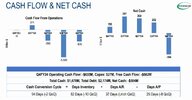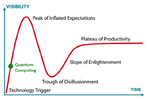Garpal Gumnut
Ross Island Hotel
- Joined
- 2 January 2006
- Posts
- 13,757
- Reactions
- 10,499
You may ask what colour were the carrots that I bought in the supermarket last Friday.mind you their plan is working very well in the UK ( their alleged base )
The carrots that I bought in the supermarket last Friday were carrot coloured.
gg







